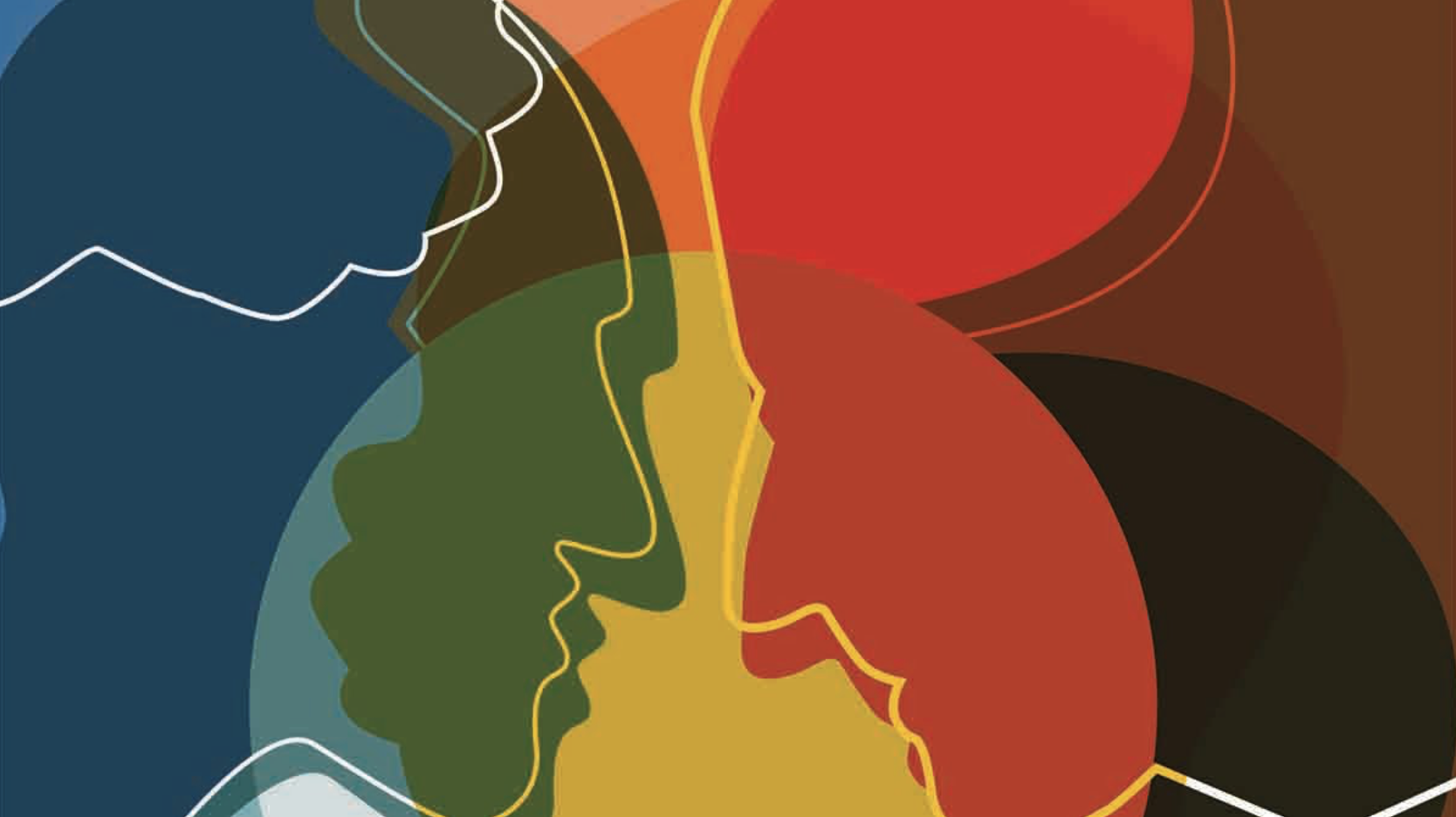The rise of the anxiety economy

Everyone is really anxious right now. In the US, it's the most common mental health disorder, affecting 18.1 percent of Americans each year and nearly one-third of Americans over their lifetimes.
In the UK, it's one in six people, according to the NHS Adult Psychiatric Morbidity Survey. Fingers have been busy pointing at all manner of reasons, your phone, climate change, the recession, social media, too much choice, not enough sleep, too little sex.
Enter the anxiety economy: the catch-all term for products and services designed to soothe our anxieties, by buying stuff.
Wellness for sale 💆
While this phenomenon isn't particularly new, the events of 2020 have been accelerating anxiety economics' spread. There are digital therapists, meditation apps, anxiety calming makeup lines, fidget spinners, and 'gravity blankets' (heavy blankets that pin you to the mattress). Remember fidget spinners? The trend of 2017? The market research firm NPD estimates that at least 19 million were sold, with others claiming more than 50 million.
There are companies like Goop! (Gwyneth Paltrow's bizarre online marketplace) with a line of products designed to solve our anxious ills including Body Vibes which, for £30, will sell you a pack of anti-anxiety stickers that “rebalance the energy frequency in our bodies”.
The workplace wellness market is already worth £36 billion, and growing at a rate of 4.8% a year according to research agency Wunderman. Heck, even this newsletter came as a response to my own feelings of anxiety around what was happening with the world.
But the question that keeps surfacing in the face of all this, do any of them actually work?
Wonky wellness 🤸
Dr. Anna Lembke, a clinician and associate professor of psychiatry at Stanford University, told Vox that to date, nobody really knows for sure how these products work, besides the fact that they can help distract us.
“What’s key with these fidget toys is that they are physical,” she says. “So by engaging this hand motion, we reconnect with our bodies, which often has a calming phenomenon. You can achieve the same thing through exercise, right? People achieve a similar thing through meditation."
In a study carried out by Harvard University on the effectiveness of wellness programs deployed by employers, found that "people who worked at sites offering the program exhibited notably higher rates of some healthy behaviors, but no significant differences in other behaviors compared to the control group."
In essence, meditation apps may help us meditate, and meditation may reduce anxiety. Weighted blankets, stress balls, fidget spinners, calming videos have some short term effects on our negative thoughts.
But, sadly, no product will solve the underlying causes of anxiety, or any other mental health condition for that matter. Behaviour change is really really difficult, but not impossible. Therapy, medication or complete lifestyle overhauls that involve fitting exercise and healthier habits into our daily lives are the three most consistent paths to helping us feel better.
So the next time your eyeing up a pair of compression pants to help fight anxiety at work, ask yourself, "is this is helping me, or is it helping me empty my wallet?"
Ok, where can I learn more? 📚
- Therapist Michael Currie has a great article on how we're treating the symptoms not the causes of anxiety.
- Wunderman's report on how companies are shifting focus to wellness products.
- Why behaviour change is hard - and why you should keep trying.

